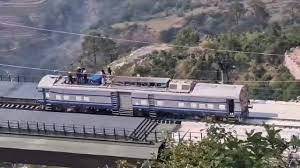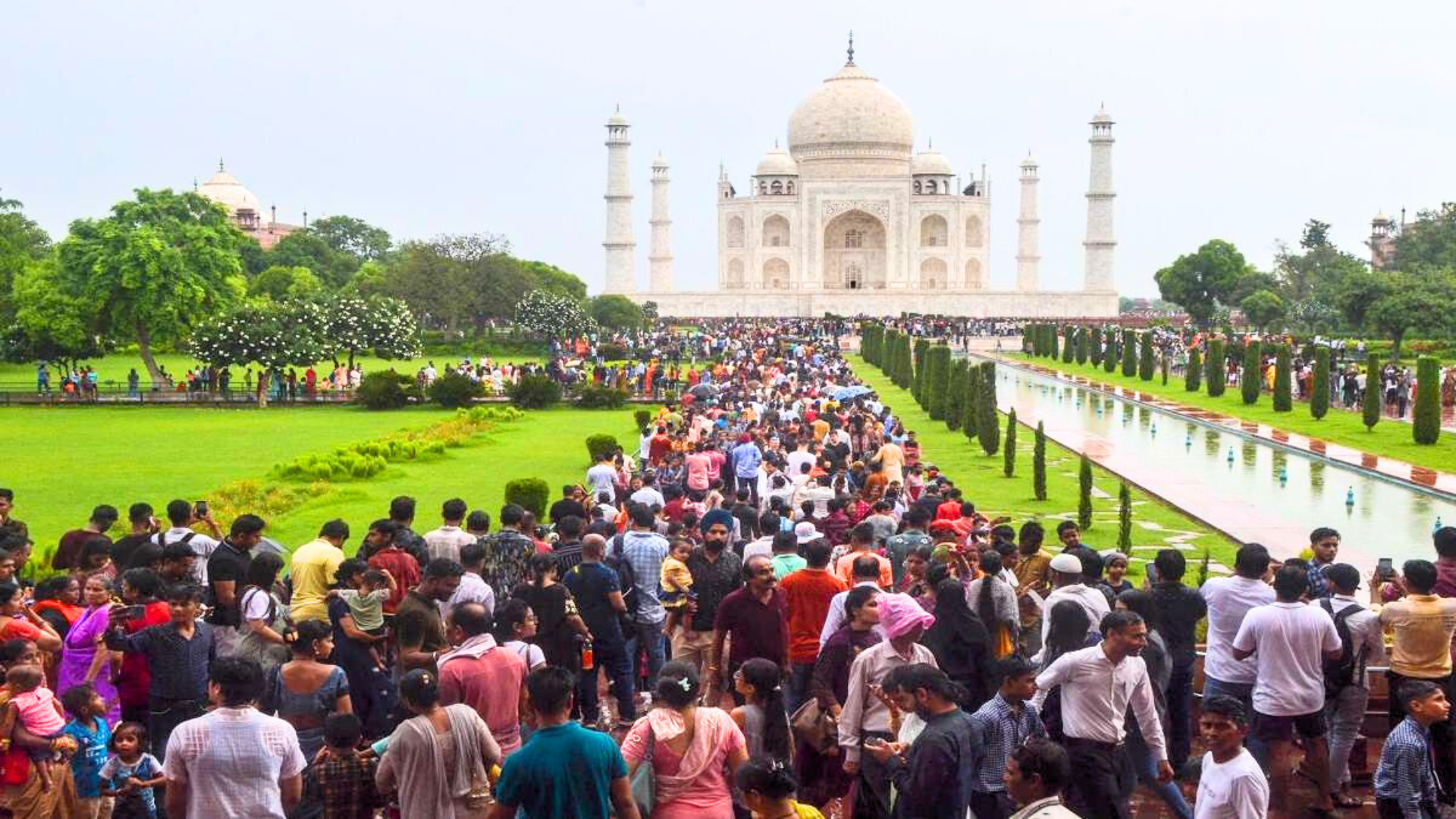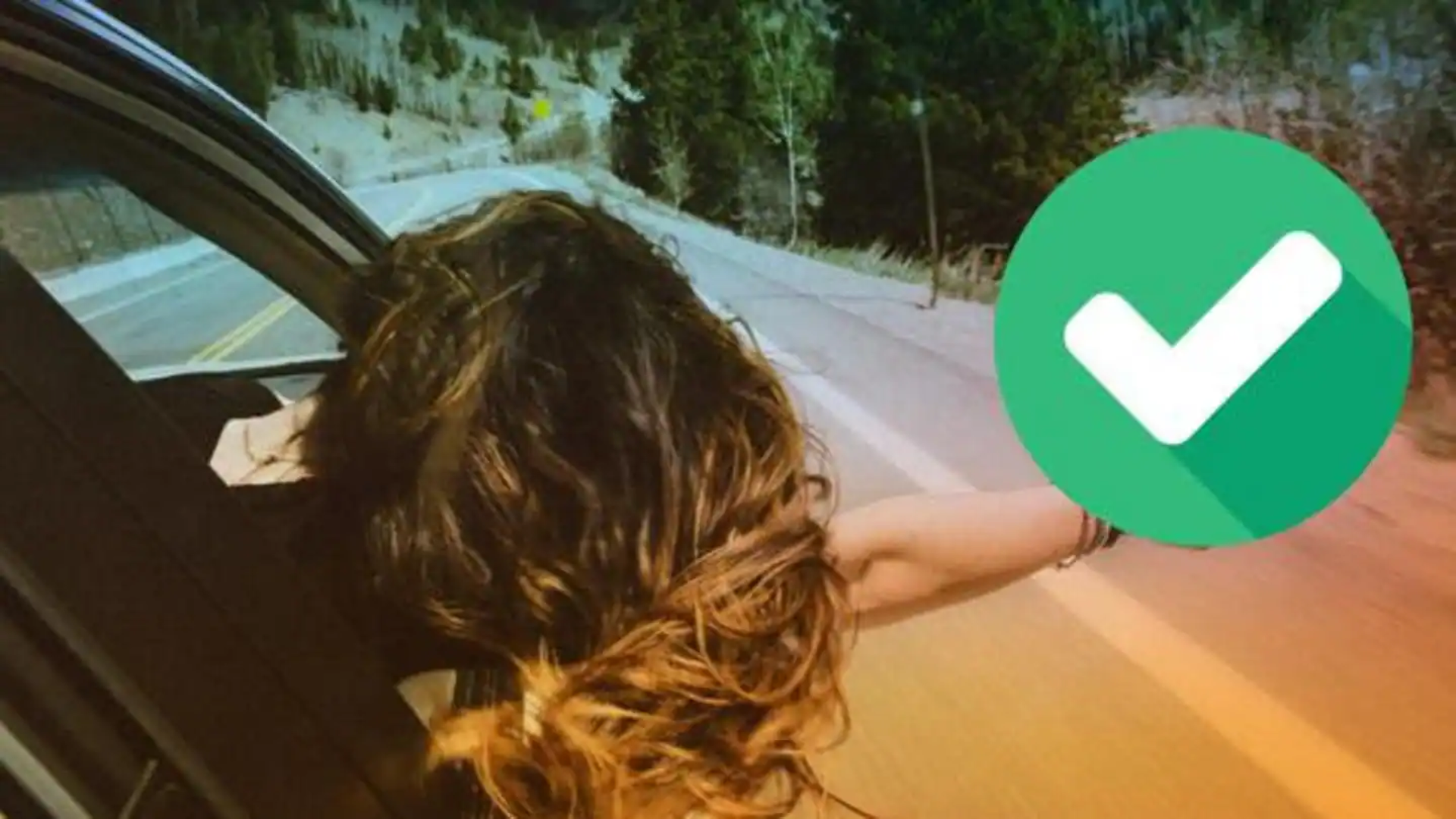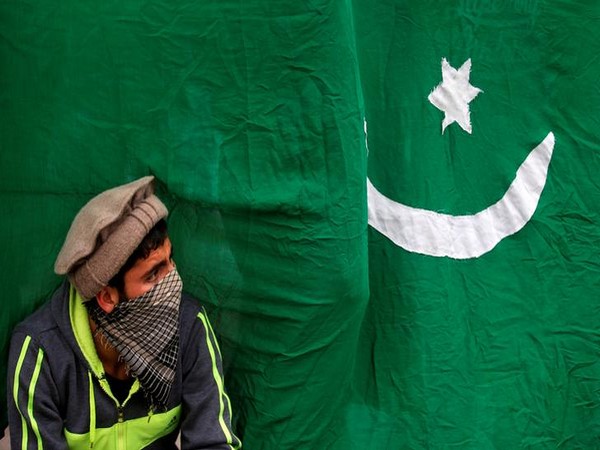Want to go on that road trip you’ve been saving for your bucket list? A road trip is the best adventure for exploring different parts of the world or country. Long road trips are always exciting especially when you have a big gang of friends or your family to accompany you. Road trips also gained momentum because of the fact that they allow flexibility and enable people to take control of their travel. One of the best things about road trips is that, they can be the most unpredictable plans. They can last anywhere from a weekend to a year or more.
You can even take a few days off or go on a multi-week adventure while discovering new routes, campsites, coasts, towns, and roadside greasy spoons. However, a road trip is not necessarily always an impulsive trip in which you simply hop in your car and drive to unknown destinations. A successful road trip also like every other trip, often, requires a lot of planning before you can head the road.
There’s a lot of thinking that goes behind embarking on a road trip. Besides the locations, there are numerous other key factors that need to be considered before sitting behind the wheel, like the best route to your chosen destination, the road conditions, the duration of the trip and your ability to drive throughout, and, most importantly, selecting your ideal travel buddies, among many others.
To help you plan your next road trip and determine what to remember and what to pack, we’ve put together this guide with everything you’ll need.
Also read: A Culinary Journey Through the Pink City’s Delicacies and Street Food
Secret hack to your road trip checklist
India has a wide variety of landscapes. You may confront a mix of severe terrain and road conditions over its vast length and width. Choose your car sensibly that suit your chosen route’s road conditions, and don’t buy a Honda City because you think a Maruti 800 is out of date.
Because of India’s varied topography, there is always a tourist season in some part of the country. Don’t be frightened to fly or use the train instead of renting a car. Choose your destinations with care, keeping in mind all you want to get out of your holiday, and it’s a good idea to check at options like moving Bullet motorbikes by train from Chennai to Jammu before embarking on the famous Leh-Ladakh-Rohtang-Manali road trip itinerary.
What is a road trip?
A trip from Bengaluru to Delhi is not considered a road trip unless it includes stops in towns and villages along the route. A road trip is more than just a long drive. Exploration is also essential.
Allow a few days to visit sites that pique your interest. Every day, set aside a few hours before a stop to explore something new in India.
It is crucial to think about who you will travel with. Your road endurance may differ greatly from that of your friend. Long drives aren’t for everyone, and you don’t want anyone whining too much.
There’s also the matter of comfort to think about. When travelling with four other individuals, the front seats are generally more comfortable than the back seats. Switch seats and take turns. Don’t let a fantastic trip turn into an unpleasant one for everyone.
My personal rule is that a road trip should not exceed 25% of total driving time; for example, if your vacation lasts 7 days (168 hours), the driving time should not exceed 42 hours. You may split your driving time however you choose, alternating between long and short intervals or taking a long one before taking a day off.
Things to remember:
Remember to maintain your driver’s licence and automobile documents such as the manual, breakdown data, and insurance coverage in the car before you hit the road. Get your vehicle serviced.
Perform a complete vehicle examination. Check the oil and water levels, tyre pressure, functional spare wheels, and brake action. In remote areas, never pass a petrol/gas station without fueling up.
If the empty button flashes, reset the mileage to zero and stay under 63 km/40 miles. Check that you have breakdown insurance and that you understand how to use it (write down the phone number in case your phone battery dies and/or you lose phone coverage). Reservations for hotels or camping sites will be required in hot spots.
When booking a hotel, ensure that it provides parking. You must inform the service station of your intentions so that they may adequately fine-tune your route. Get some good advice from them, and don’t forget to pick up a few spare fuses on your way out.
Also, when you’re on the road, stop at a service station at the first hint of difficulty with your vehicle. In an uncharted region, don’t take any chances.
Also read: Understanding New Salary Thresholds for Work Visas for UK
Draw a map:
Before a trip, draw out the route on it since it provides a general overview of the trip as well as an estimated driving time for each day. It aids in maintaining the right sequence of destinations in order to prevent getting off course.
Then I would advise you to do some research on road conditions and destination information. It is advised that you use a navigation system with which you are already familiar.
However, A word of caution in relation to the preceding point: don’t rely entirely on the navigation system to bring you someplace. One of the most typical experiences individuals have is that when they are away from larger, more organised cities, the types of roads, distance, time of arrival, and traffic conditions are fairly erratic.
Check your route with locals and don’t assume you’re late because your journey time does not match the period given on the navigation device.
You’ll come across a lot of tolls and police checkpoints while driving. To pay tolls, you should always have cash on hand, with enough change. When it comes to police checkpoints, it’s no secret that if you’re driving a car registered in another state, you may be subjected to extensive scrutiny.
What to carry?
Before you go, check that all of your documents, including your driver’s licence, registration, auto insurance, and pollution under control (PUC) certificate, are current and up to date and make sure you have the following vehicle-specific necessities: tools, battery cables, a spare tyre, quality windshield wipers (as many as possible, seriously!) windshield washer fluid, and so on. You should also bring your car handbook, and other such materials.
It might be tempting to bring a lot of gear on a road trip, but we recommend bringing as little as possible. It has been discovered that packing lightly helps to have a clear mind in addition to providing greater legroom.
Furthermore, you won’t have to rummage through a trunk full of crap to find the few items you truly need. Things that you should pack for a fun, exciting and yet aided road trip include.
- Car documents.
- Car audit (wheels, brakes, oil, water, gas).
- Car phone holder and hotspot
- Foot Pump & Puncture Repair Kit
- Travel pillow
- Electronic battery pack.
- First aid kit.
- Headphones
- Trunk organiser
- Pram or car seat
- Rooftop cargo
- Flash light and car phone chargers
- Windscreen covers (privacy and heat protection).
- Hand sanitizer.
- Emergency car gear
- Mobile inflatable bed
- Blankets or sleeping bag
- Waterproof bag cover.
- Waterproof jacket and over trousers.
- Hiking boots/shoes.
- Swimwear and sunglasses
- Bug spray.
- Torch.
- Safe bag.
- Emergency cash
- Hydration tablets.
- Collapsible box if you need to take dirty dishes to the campsite cleaning station.
- Fridge or a cool bag with ice.
- Water containers.
- Food
- Road Helpline Numbers/Service Centre Numbers
- GPS/Navigation System
In addition to the list above, We’ve also discovered that the standard duffle, backpack, and sling bag combo (DBS) works well for road trips. Duffles are ideal for lugging the majority of your clothes since they are often simple to pack, both in terms of tossing your belongings into one and Tetris-ing in the car.
The backpack may be used as an overnight bag or a daypack while visiting whichever outlandish sight you’ve decided to visit. The sling bag is for necessities and brief stops.
Even if you’re travelling with your squad and have plans for every minute of the day, there may be times in the car/plane/van when you’re fatigued and simply want to listen to music and watch the traffic go by. There’s also a chance you’ve listened to every song in your playlist. Or perhaps you damage your headphones. When you need some alone time, it’s always a good idea to have a book, magazine, or a collection of articles bookmarked to read.
Whether you’re going on a weekend vacation or a six-month road trip, cooking on the road is a terrific way to stretch your budget and keep healthy. While cooking over a campfire is idealised in that whimsical living-off-the-land type of way, it’s not practical for a long-distance car trip. But you don’t want to take your best chef’s knife or porcelain pot and pan set from your kitchen.
- Stove (if cooking), gas can + lighter.
- Cookset pack.
- Wooden spatula
- Vegetable peeler
- Can opener
- Lighter and/or box of matches
- Thin, flexible, plastic cutting board
- Chef’s knife
- Paper towel roll
- Sponge
- Dish soap
It may be possible that what works for one might not work for the others, so we know some of the things mentioned in the list might not be of use for everyone but you need not worry. You should only take what works best for you and will aid your trip


















